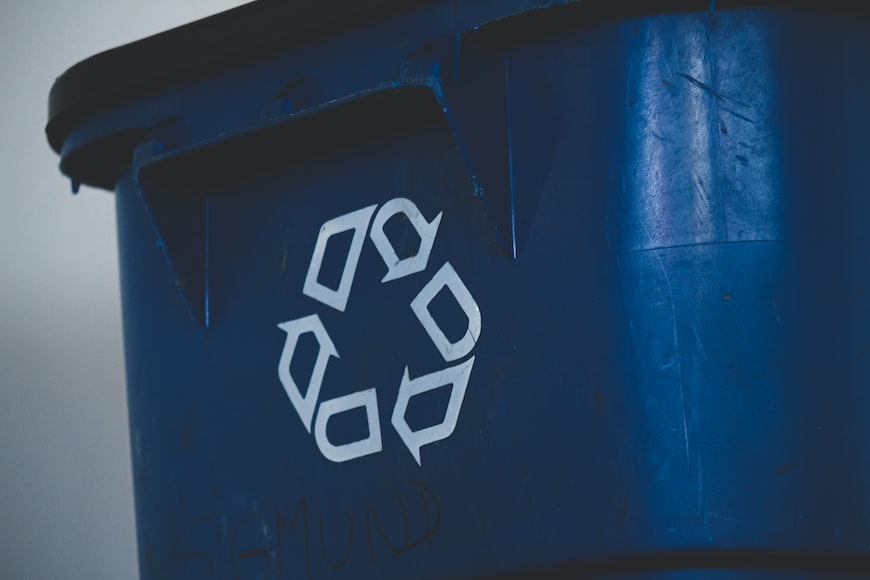Any average Australian woman spends about $19,000 on period products in a lifetime. While the tax on products has been scrapped, feminine hygiene products are still not affordable.
Melbourne City Council emphasised various women’s health issues related to poor menstrual hygiene. It took measures to improve access to period products in community centres, libraries, swimming pools, recreation centres and public change rooms.
While increasing the availability of period products is advantageous to many women, carefully disposing of them is also of substantial importance. Therefore, you should find good quality sanitary bins in Melbourne to ensure the proper disposal of pads and tampons. But whether you need manual or automatic disposal bins is to be done with a lot of consideration. Below is every detail that will help you guide through the process.
Manual Sanitary Bins
Manual sanitary bins are disposal bins that are opened and closed by hand. These bins are made from durable plastic with bin liners inside and are safe receptacles where customers or female staff can dispose of their feminine hygiene products. Manual bins come in different sizes and shapes and are ideal for public restrooms or toilets.
Manual bins are a safe and acceptable solution for sanitary waste if they are emptied and cleaned regularly.
Automatic Sanitary Bins
Indeed, women may not want to touch the bin while disposing of the sanitary napkins, and automatic sanitary bins make that possible. Also, these bins reduce the possibility of cross-contamination and give users peace of mind. However, like manual bins, automated ones should also be cleaned regularly or frequently based on the number of visitors or staff you have.
How will you choose between manual and automatic bins
Budget
Melbourne has approximately 15,000 business establishments. Therefore, the number of sanitary pads and tampons disposed of is massive. But not all businesses can afford automatic bins as they are expensive and costlier to maintain.
Moreover, automatic bins come with batteries. While the batteries last quite a long time, you might face many difficulties if it runs out between services. Hence, these bins require frequent monitoring so the products don’t end up in the toilet bowl or floor. On the other hand, manual bins are easy to install and cheap to maintain.
Hygiene
Older-style hand-operated sanitary bins have increased contamination risks as they require touching the unit with hands. On the other hand, pedal-operated manual models are also available that are much more hygienic and popular in restaurants, airports or offices.
Automatic bins offer a hands-free way of disposing of sanitary, which are user-friendly and hygienic and therefore have no risk of cross-contamination.
Users
You must consider who will use the sanitary bins. If you have staff members with special needs that restricts their ability to use manual bins, having automatic bins will be a better option. Determining the volume of users using your facility will also help your search for sanitary bins in Melbourne. For example, if you experience heavy footfall throughout the year, manual bins will be the best option for reducing installation and running costs.
Environmental considerations
Businesses in Melbourne are taking active measures to make their operations sustainable and reduce environmental harm. For example, manual bins do not operate on batteries or motors; hence they are more environmentally friendly. So, installing manual bins would be ideal if you wish to make responsible business decisions.
Both manual and automated bins are safe for disposing of feminine hygiene products without any risk of cross-contamination. However, you must schedule off-site disposal and regular services of sanitary units to maintain the greatest degree of sanitation and prevent users from getting exposed to hazardous waste.



